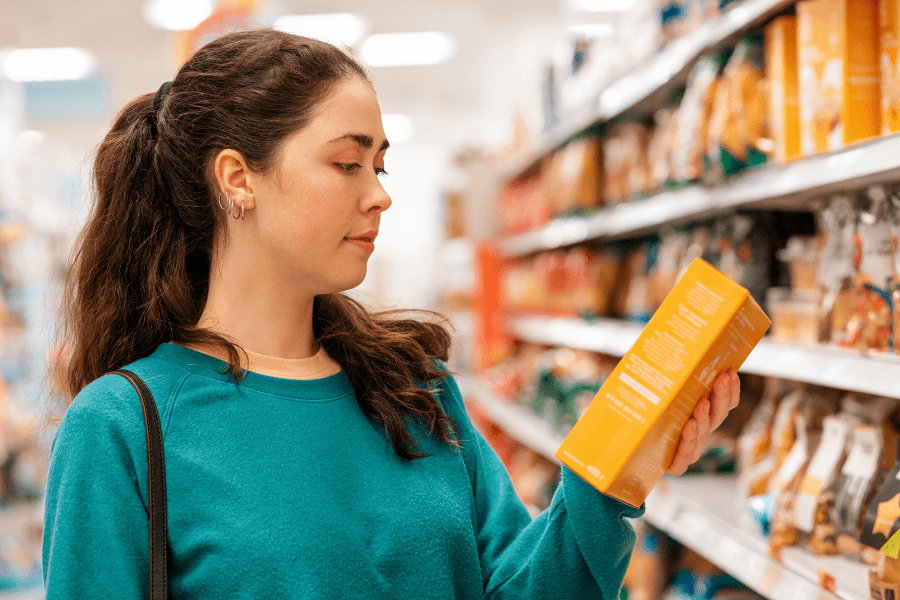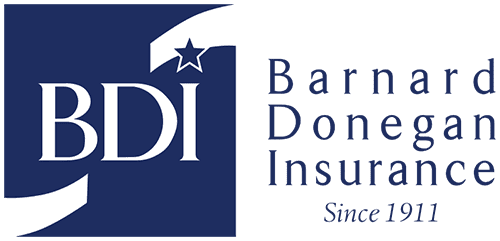
Imagine you’re at the helm of a thriving food manufacturing business. You’ve implemented strict quality controls, ensured every product is up to the mark, and yet, an unexpected contamination occurs. The clock is ticking, and your response can define your brand’s future. With the ever-present risk of a product recall, are you fully prepared to handle such challenges and protect your brand?

Every consumer trusts the products they pick off the shelves. A product recall policy ensures their safety and your brand’s reputation.
1. The Reality of Product Recalls:
Every manufacturer, even with rigorous quality checks, can face a product recall due to unforeseen contamination or defects. A robust product recall policy is your best defense. Moreover, staying updated with the latest recall alerts and market withdrawals is essential. The FDA provides timely updates on product recalls, ensuring businesses and consumers are always in the loop.
2. Protecting Your Brand Reputation:
A swift and transparent response to recalls can preserve your brand’s image. By having a recall policy in place, you’re not just reacting; you’re acting based on a well-thought-out strategy, ensuring minimal damage to your reputation.
3. Prioritizing Consumer Safety:
Your customers trust your products. A clear recall policy outlines steps to ensure their safety, from swift product retrieval to transparent communication about the issue.
4. Legal and Regulatory Preparedness:
Different regions have diverse food safety legislations. The FD&C Act, for instance, provides clear guidelines on when and how recalls should be executed. Your recall policy ensures you’re always compliant, avoiding potential legal ramifications.
5. Streamlined Communication:
In today’s fast-paced digital age, staying ahead of the narrative is essential. Your recall policy guides your communication strategy, ensuring clarity and confidence for your consumers, stakeholders, and regulatory bodies.
6. Financial and Logistical Readiness:
Recalls come with both financial and logistical challenges. From retrieving affected products to offering replacements, a recall policy backed by the right insurance ensures you’re equipped to handle every aspect smoothly.
7. Continuous Learning and Improvement:
A recall policy isn’t static. It should evolve based on lessons from past recalls, changing regulations, and best industry practices. Regular reviews ensure your policy remains relevant and effective.
As you ponder the significance of a recall policy, remember:
Call to Action:
At Barnard Donegan Insurance (BDI), we specialize in the Consumer Packaged Goods sector. With comprehensive risk management tools, including detailed product and food recall guides, we support businesses like yours. Discover more about BDI’s offerings here. Partner with BDI and fortify your brand’s resilience.

